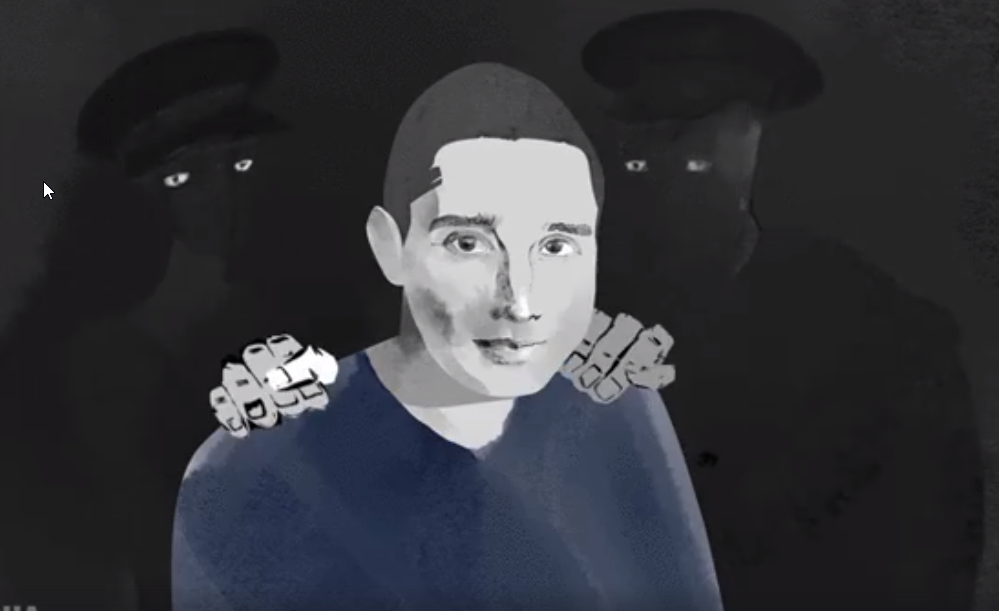Belarus: Politically motivated trial against former prisoner of conscience starts behind closed doors
16 October 2019
The Belarusian authorities must uphold the right of former prisoner of conscience Dzmitry Paliyenka to a fair trial and ensure his hearing is open to the public, Amnesty International said ahead of the start of his trial on 17 October.
“Dzmitry Paliyenka’s prosecution follows a well-documented history of being targeted and harassed by the authorities for his activism. The Belarusian authorities must drop all charges against him that stem from the peaceful exercise of his right to freedom of expression and open his trial to public and media scrutiny,” said Aisha Jung, Amnesty International’s Senior Campaigner.
“Despite constant harassment that led him to serve two years in a penal colony simply for peacefully protesting, Dzmitry Paliyenka has continued with his activism. This appears to be the reason why the Belarusian authorities have targeted him with a new set of criminal charges. Amnesty International has reviewed his case and concluded that at least three charges against him are illegitimate and should be dropped immediately.
“The onus is on the Belarusian authorities to demonstrate that allegations leading to a fourth charge of malicious hooliganism are genuine and that Dzmitry Paliyenka’s guilt is proven beyond any reasonable doubt. So far, their decision to keep the trial behind closed doors raises serious questions as to the real motivation of this charge.”
Background
On 20 March 2019, Dzmitry Paliyenka was arrested on suspicion of malicious hooliganism following an incident in which he allegedly used pepper-spray against another individual. Use of pepper-spray in self-defence is legal in Belarus. Dzmitry Paliyenka has maintained he acted in self-defence.
Three other criminal charges were subsequently brought against him: “insulting a representative of the authorities”, “incitement to racial, ethnic, religious or other social hatred or enmity”, and “desecration of buildings and property damage” – related to a graffiti painting he did on a wall. Amnesty International believes these charges stem solely from the peaceful exercise of his right to freedom of expression and are consistent with the history of harassment Dzmitry Paliyenka has faced for many years.


















